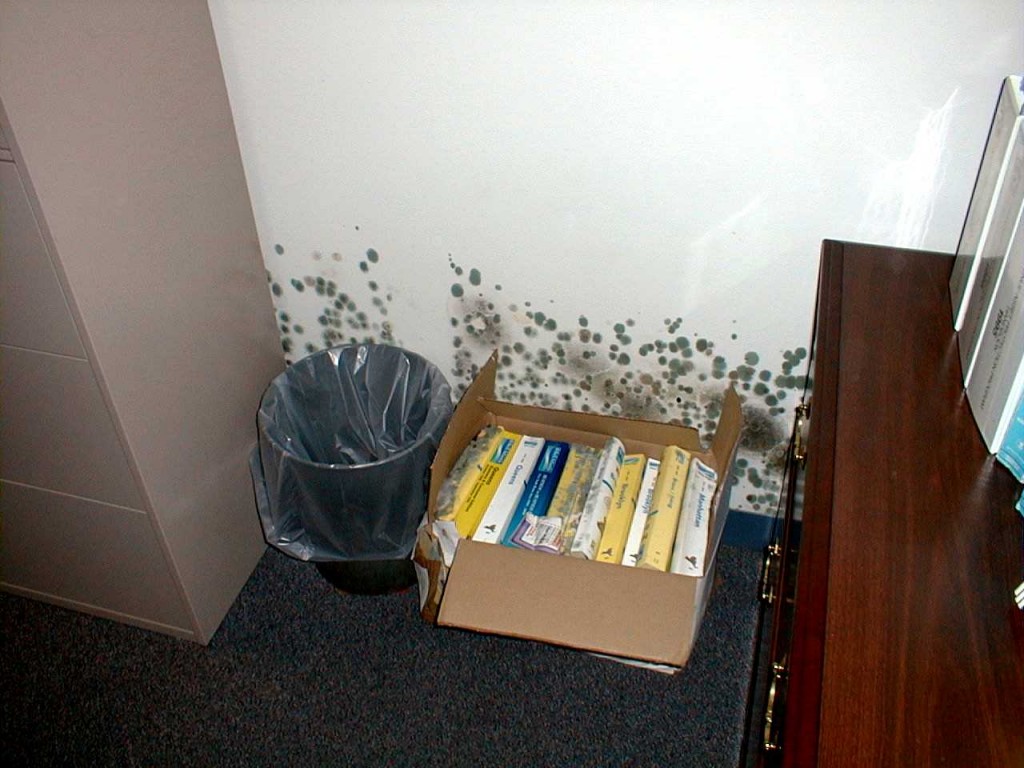I recently read an article titled Implementing Safety during Design: a Case Study in the March 2009 edition of AIHA publication, The Synergist. The authors discuss how incorporating safety systems or measures in the design phase of a construction project can result in large cost savings for the overall project budget. Studies have shown that implementing safety during the planning phases of a project, compared with after construction costs, have a 1:10,000 ratio. This equates to $1 pre-construction costs versus $10,000 post-construction abatement. The authors focus on safety concerns following the guidelines established by The Institute for Safety through Design (established in 1995 by the National Safety Council's Business and Industry Division).
As an industrial hygienist, I have often been frustrated when working on remedies for minimizing exposure to chemicals, immediate safety concerns, chemical storage and waste handling concerns after the occupancy of new laboratory facilities. Construction design planners rely heavily on architects that create beautiful layouts, but often fail to incorporate the fire safety, hazardous material handling and life safety issues that are detailed in NFPA 45: Standard on Fire Protection for Laboratories Using Chemicals and NFPA 101: Life Safety Code®. The design planners and architects frequently look to the local fire department or permit authorities to approve the plans. These groups may be well versed in commercial building codes, but often are not experts in the potential hazards present in a laboratory operation. The costs of retrofitting a new facility to meet NFPA guidelines and OSHA standards can be staggering. The take away is to get an EHS professional involved in the upstream design process. Often cost of another expert is discouraged by the planners. Then again, studies (and our experiences) have shown that not getting the right experts at the planning table can be penny wise but pound foolish.






